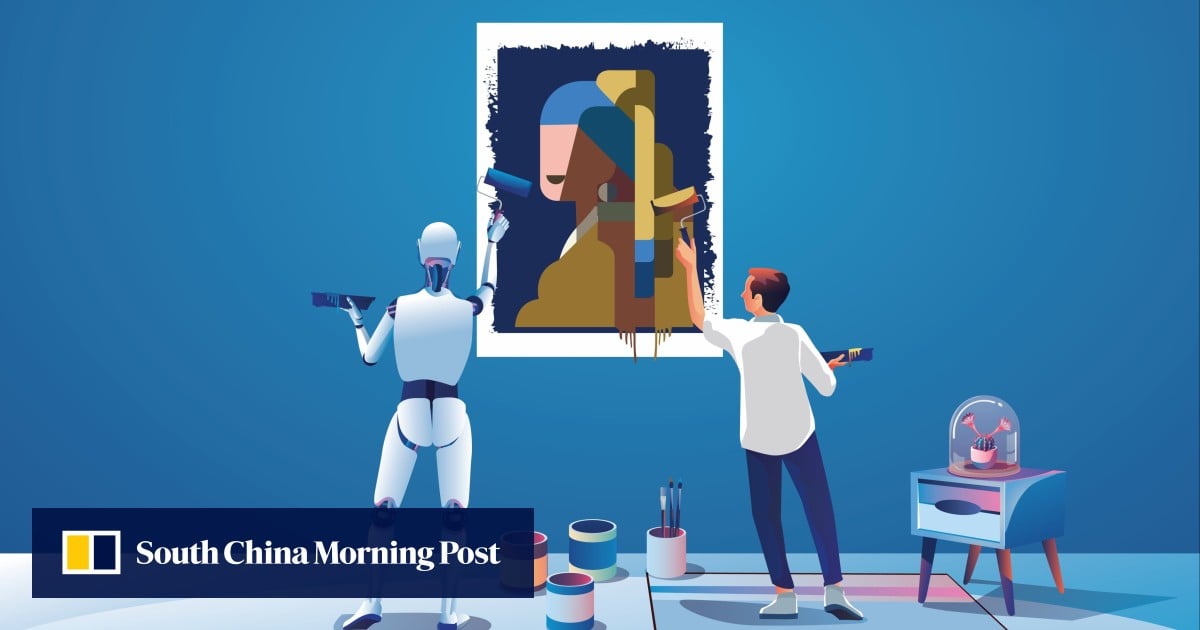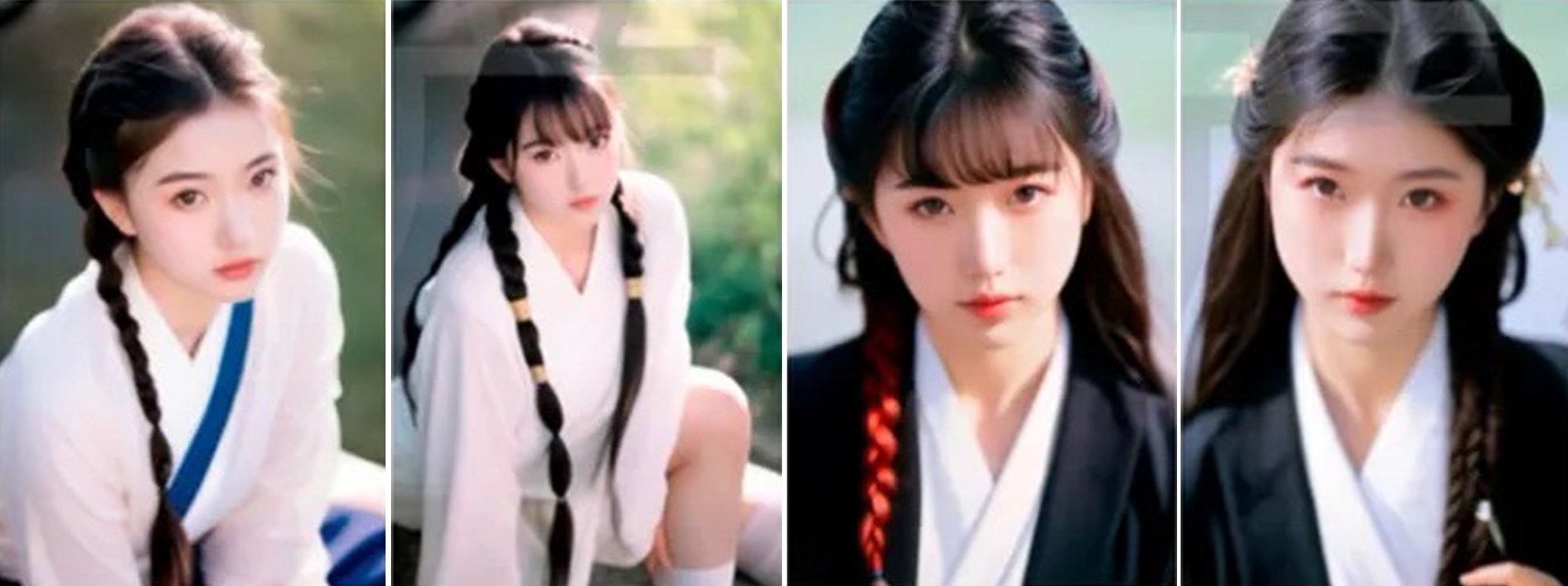
15 Jan Why a Chinese court’s landmark decision recognising the copyright for an AI-generated image benefits creators in this nascent field
Assigning generative AI content a legal status under certain conditions in this case is aimed at encouraging people to create with new tools, presiding judge Zhu Ge said last week at a lecture that was first reported on Monday by Chinese online news outlet The Paper.
“If no content created with AI models can be considered artwork, this would deal a blow to the industry,” Zhu was quoted as saying in the report.

Although the ruling has added fuel to heated arguments on whether AI-generated content should be protected by copyright laws, the Beijing Internet Court has asserted that future disputes about an author’s personal expression in images created with AI’s help should be judged on a case-by-case basis.
The court subsequently ruled in favour of Li. It said Li’s AI-generated image was an artwork, based on how he had continuously added prompts and repeatedly adjusted the parameters to come up with a picture that reflected his “aesthetic choice and personalised judgment”.
Beijing court rules AI-generated content covered by copyright, eschews US stand
Beijing court rules AI-generated content covered by copyright, eschews US stand
The court ordered the defendant Liu to issue a public apology as well as pay the plaintiff 500 yuan (US$70.43) in damages and 50 yuan for court fees.
Zhu, the presiding judge, said in her lecture that the ruling was made with the potential implications for “emerging industries” in mind, according to The Paper’s report. It said Zhu hoped her decision in the case could serve as a reference for future disputes.
